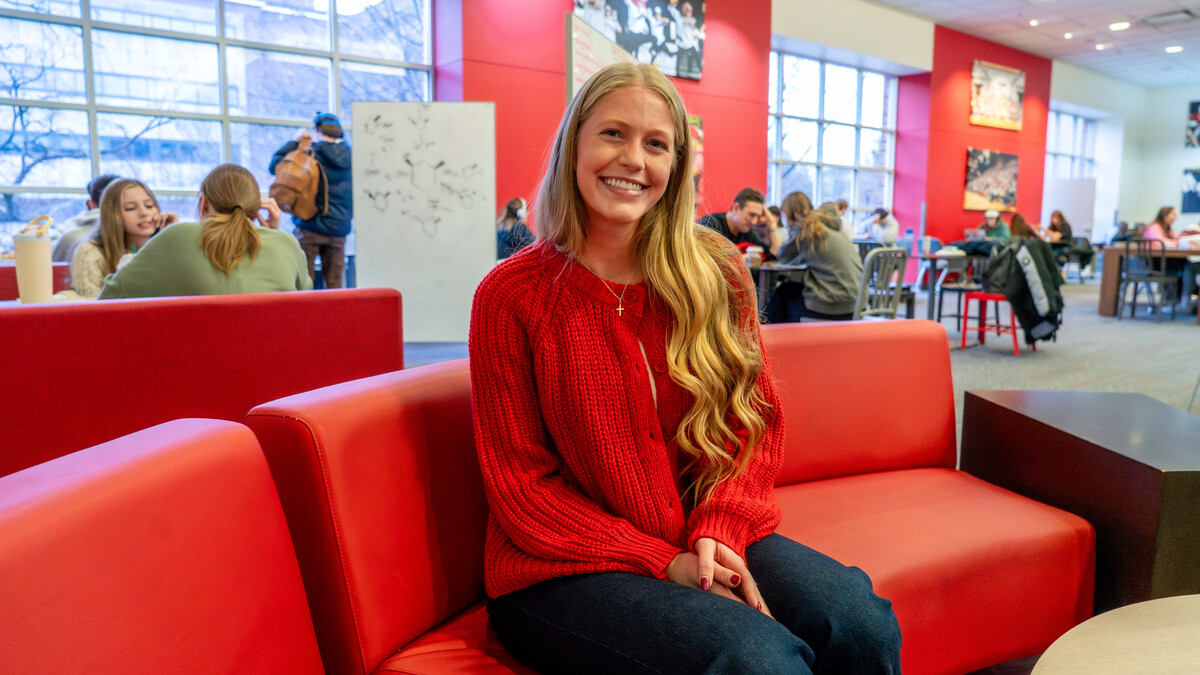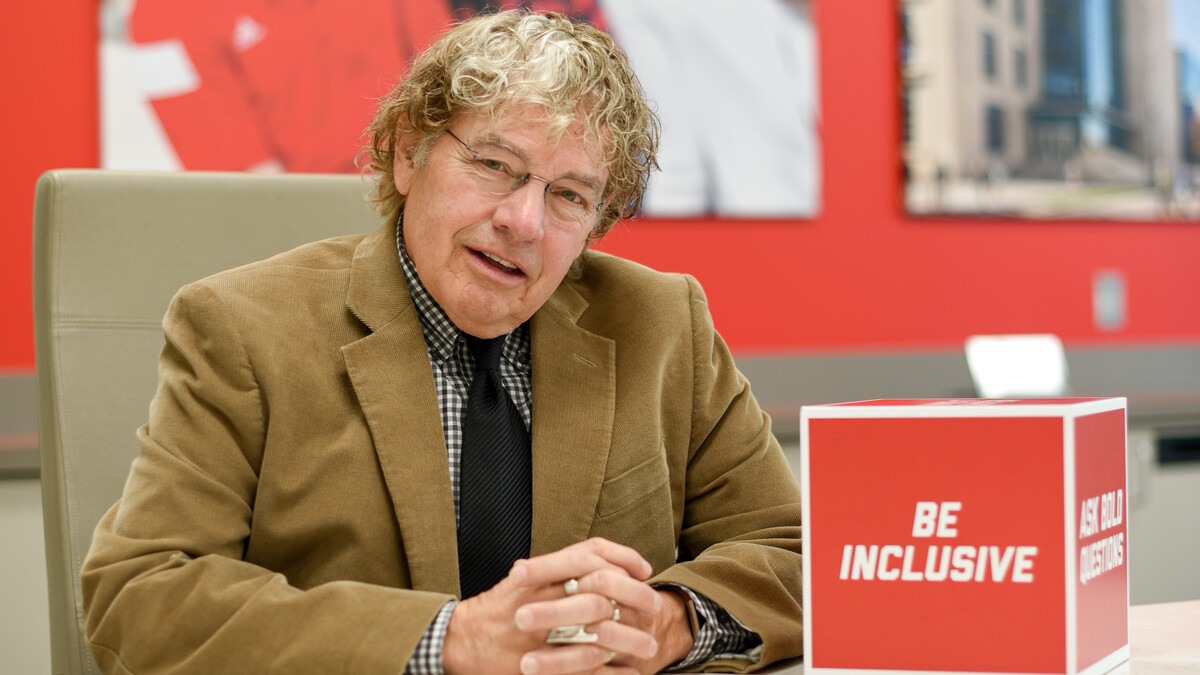
Harry W. Greene, professor of ecology and evolutionary biology at Cornell University, will present “Pleistocene Rewilding: Lions in the Den of Daniels?” at 7 p.m. April 30 in 107 Hardin Hall, 3310 Holdrege St. The event is free and open to the public.
The Maps and More Store will host a book signing with the presentation. Two of Greene’s books, “Snakes: The Evolution of Mystery in Nature” and “Tracks and Shadows: Field Biology as Art,” are for sale at the store.
Greene is the Stephen H. Weiss Presidential Fellow at Cornell University in Ithaca, New York. He also is senior scholar for the Center for Humans and Nature. He built his career as a herpetologist and researcher of evolutionary biology and vertebrate conservation.
His presentation will cover the controversial idea of reintroducing lions, elephants and other mammals from the Pleistocene era into the Americas. He argues that method of conservation and diversification may seem risky, but doing nothing isn’t risk-free either, and taking no action is worse.
Greene also will be present “Teaching Biodiversity and the Tree of Life” from 9:30 to 11 a.m. in 107 Hardin Hall. The speech is open to students, faculty and The Amphibian Group, an inter-agency and inter-university organization. He will talk about the diversity of life on Earth and how natural history plays a vital role in the Earth’s health.
Greene also will host a book signing and presentation, “Natural History and Aesthetics: Why Should We Care about Nature?” from 6 to 8 p.m. April 29 at Omaha’s Henry Doorly Zoo.
Greene’s honors include Berkeley’s Distinguished Teaching Award, the Edward O. Wilson Naturalist Award, and being named one of Cornell’s Top 10 Professors by Business Insider in 2014. His book “Snakes: The Evolution of Mystery in Nature,” won a PEN Literary Award, garnered a two-page spread in Time magazine and made the New York Times’ annual list of 100 Most Notable Books.
Greene was professor and curator in the Museum of Vertebrate Zoology, University of California, Berkeley, for two decades before moving to Cornell in 1999. He has taught vertebrate natural history, herpetology, introductory biology, evolution and biodiversity, and field ecology, while studying the biology and conservation of predators. He was featured in The Natural Histories Project for his work.








